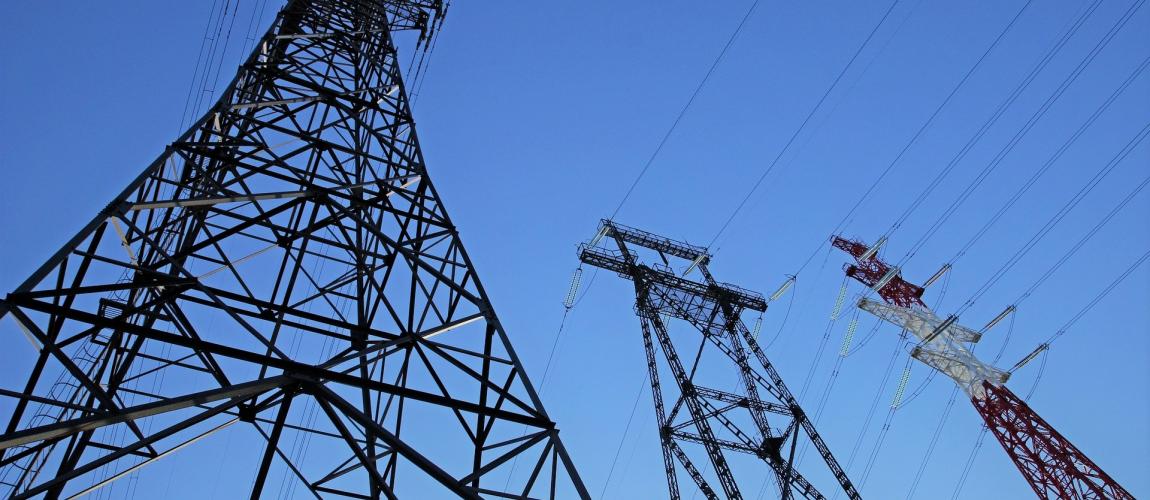Find benefits and risks of PPPs:
Potential Benefits of Public Private Partnerships
The financial crisis of 2008 onwards brought about renewed interest in PPP in both developed and developing countries. Facing constraints on public resources and fiscal space, while recognizing the importance of investment in infrastructure to help their economies grow, governments are increasingly turning to the private sector as an alternative additional source of funding to meet the funding gap. While recent attention has been focused on fiscal risk, governments look to the private sector for other reasons:
- Exploring PPPs as a way of introducing private sector technology and innovation in providing better public services through improved operational efficiency
- Incentivizing the private sector to deliver projects on time and within budget
- Imposing budgetary certainty by setting present and the future costs of infrastructure projects over time
- Utilizing PPPs as a way of developing local private sector capabilities through joint ventures with large international firms, as well as sub-contracting opportunities for local firms in areas such as civil works, electrical works, facilities management, security services, cleaning services, maintenance services
- Using PPPs as a way of gradually exposing state owned enterprises and government to increasing levels of private sector participation (especially foreign) and structuring PPPs in a way so as to ensure transfer of skills leading to national champions that can run their own operations professionally and eventually export their competencies by bidding for projects/ joint ventures
- Creating persification in the economy by making the country more competitive in terms of its facilitating infrastructure base as well as giving a boost to its business and industry associated with infrastructure development (such as construction, equipment, support services)
- Supplementing limited public sector capacities to meet the growing demand for infrastructure development
- Extracting long-term value-for-money through appropriate risk transfer to the private sector over the life of the project – from design/ construction to operations/ maintenance
Potential Risks of Public Private Partnerships
There are a number of potential risks associated with Public Private Partnerships:
-
Development, bidding and ongoing costs in PPP projects are likely to be greater than for traditional government procurement processes - the government should therefore determine whether the greater costs involved are justified. A number of the PPP and implementation units around the world have developed methods for analysing these costs and looking at Value for Money.
- There is a cost attached to debt – While private sector can make it easier to get finance, finance will only be available where the operating cashflows of the project company are expected to provide a return on investment (i.e., the cost has to be borne either by the customers or the government through subsidies, etc.)
- Some projects may be easier to finance than others (if there is proven technology involved and/ or the extent of the private sectors obligations and liability is clearly identifiable), some projects will generate revenue in local currency only (eg water projects) while others (eg ports and airports) will provide currency in dollar or other international currency and so constraints of local finance markets may have less impact
- Some projects may be more politically or socially challenging to introduce and implement than others - particularly if there is an existing public sector workforce that fears being transferred to the private sector, if significant tariff increases are required to make the project viable, if there are significant land or resettlement issues, etc.
- There is no unlimited risk bearing – private firms (and their lenders) will be cautious about accepting major risks beyond their control, such as exchange rate risks/risk of existing assets. If they bear these risks then their price for the service will reflect this. Private firms will also want to know that the rules of the game are to be respected by government as regards undertakings to increase tariffs/fair regulation, etc. Private sector will also expect a significant level of control over operations if it is to accept significant risks
-
Private sector will do what it is paid to do and no more than that – therefore incentives and performance requirements need to be clearly set out in the contract. Focus should be on performance requirements that are out-put based and relatively easy to monitor
- Government responsibility continues – citizens will continue to hold government accountable for quality of utility services. Government will also need to retain sufficient expertise, whether the implementing agency and/ or via a regulatory body, to be able to understand the PPP arrangements, to carry out its own obligations under the PPP agreement and to monitor performance of the private sector and enforce its obligations
- The private sector is likely to have more expertise and after a short time have an advantage in the data relating to the project. It is important to ensure that there are clear and detailed reporting requirements imposed on the private operator to reduce this potential imbalance
- A clear legal and regulatory framework is crucial to achieving a sustainable solution (for more, go to legislation and Regulation)
- Given the long-term nature of these projects and the complexity associated, it is difficult to identify all possible contingencies during project development and events and issues may arise that were not anticipated in the documents or by the parties at the time of the contract. It is more likely than not that the parties will need to renegotiate the contract to accommodate these contingencies. It is also possible that some of the projects may fail or may be terminated prior to the projected term of the project, for a number of reasons including changes in government policy, failure by the private operator or the government to perform their obligations or indeed due to external circumstances such as force majeure. While some of these issues will be able to be addressed in the PPP agreement, it is likely that some of them will need to be managed during the course of the project
